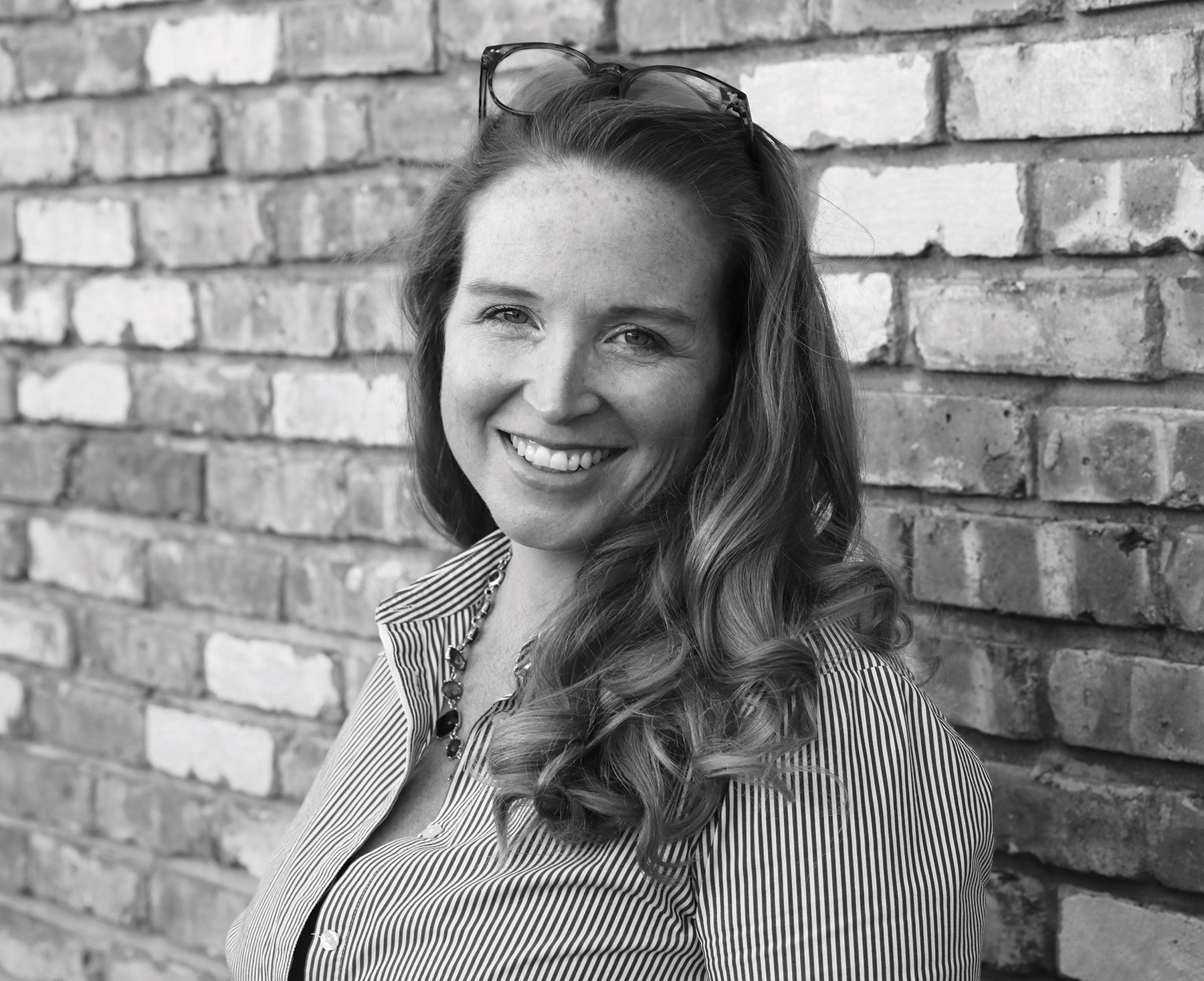Break the mold, build your brand. Victoria King Meyer did just that. Karalynn welcomes Victoria, founder of Progressio Global and The Chemical Show, as they dive into reinventing success beyond corporate walls. Victoria’s leap from chemical engineer and industry executive to entrepreneur shines with strategy, storytelling, and bold community building. Discover why podcasting, events, and mastermind groups power her impact, learn the real challenges of scaling, hiring, and letting go for growth, and explore the transformative role of personal branding for leaders ready to chart their own course.
